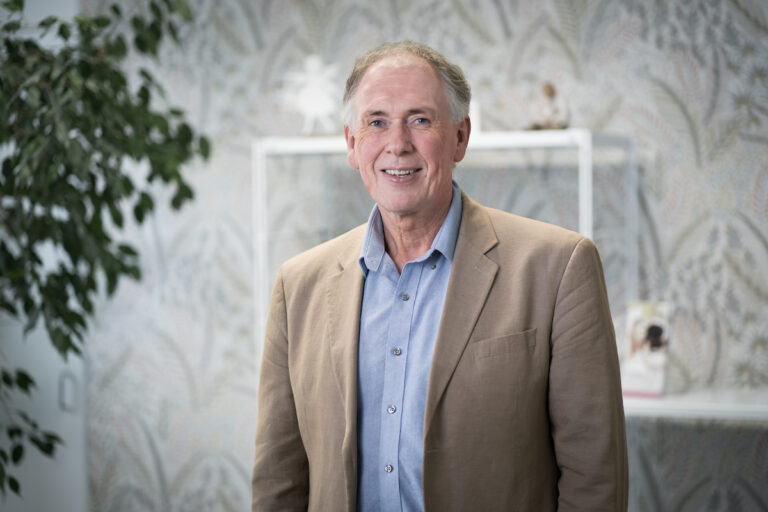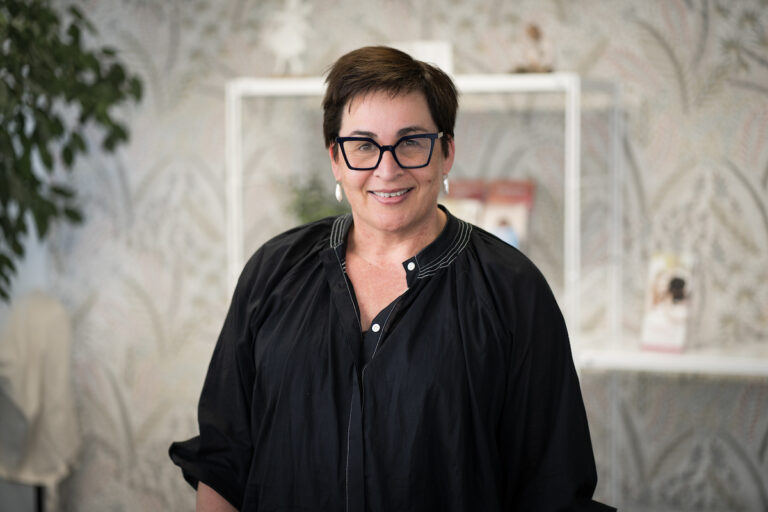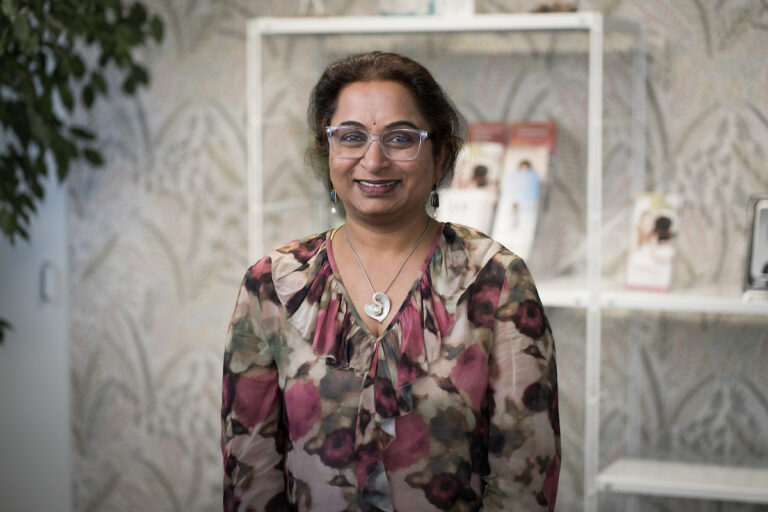Fertility Treatment
With extensive experience in fertility treatment, we guide patients in choosing the best way to start or grow a family.
When to see a gynaecologist about fertility
For LGBTTQI+ couples and individuals or single women looking to conceive, there are now many options for starting a family and your gynaecologist is a great place to start the discussion. Fertility Associates has produced an excellent resource about transgender fertility, including preservation and treatment options.
For heterosexual couples, if conception doesn’t occur after one year of unprotected intercourse, it could be time to see a specialist. Infertility is far more common than many believe – around 1 in 4 New Zealanders experience fertility delay, and around 1 in 8 require some kind of medical intervention to achieve pregnancy.
When there is a history of endometriosis, polycystic ovarian syndrome (PCOS), previous ectopic pregnancies or surgery, it’s best to consult with your gynaecologist right from the start.
Causes of infertility
- Female factors (an issue with the woman's fertility)
Often problems with ovulation (the monthly release of an egg from the ovaries) or damage to the fallopian tubes are at the centre of fertility issues. This includes:
- Pelvic infections, eg, chlamydia can damage the fallopian tubes.
- Polycystic ovarian disease (PCOS) or other ovulatory problems that stop or reduce ovulation
- Endometriosis – this damages the ovaries or fallopian tubes.
- Premature ovarian failure – this is when the ovaries stop working before the age of 40 years. However, fertility reduces in women after the age of 35.
- Fibroids (non-cancerous growths of the wall of the uterus) can sometimes contribute to infertility.
- Male factors (an issue with the man's fertility)
Low or absent sperm numbers, or abnormal sperm movement or shape can be a factor that impacts fertility. Any damage to the testes (testicles), which produce and store sperm can affect the quality of the sperm. Damage to the testes can occur with:
- an infection of the testes
- testicular cancer
- surgery or injury to the testes
- undescended testes as a baby
- sterilisation/vasectomy – this can be reversed but it doesn’t always work
ejaculation problems during sex - anatomical problems, eg, absence of vas (tube transporting sperm) or varicocele (enlarged veins in the scrotum)
Infertility can also be due to a combination of both male and female factors, and a surprising number of people – about 20% – will have no clear reason for their infertility.
Treatment options
- Ovulation insemination
- IUI - Intrauterine insemination
- IVF - In vitro fertilisation
What to expect at your first fertility consultation
In the initial consultation, you’ll start by telling your story and talking through your needs. Your doctor will discuss available treatment options, costs, ethical issues and eligibility for public funding. There’s lots of information and new terminology to take in which can be tough when emotions are running high.
You can expect a general health check and then a series of tests to determine which factors might be affecting fertility. These might include semen analysis, hormone tests and blood tests. Your GP may also be asked to send through cervical screening results and any other relevant medical history.
With all the relevant results in front of you, the specialist will discuss possible courses of treatment with you, and make a plan for starting the journey.
Thinking about growing your family?
With so many options now on the table, an initial consultation really helps the way-finding process. Talk to our experienced team of gynaecologists, obstetricians and fertility specialists to get started.








